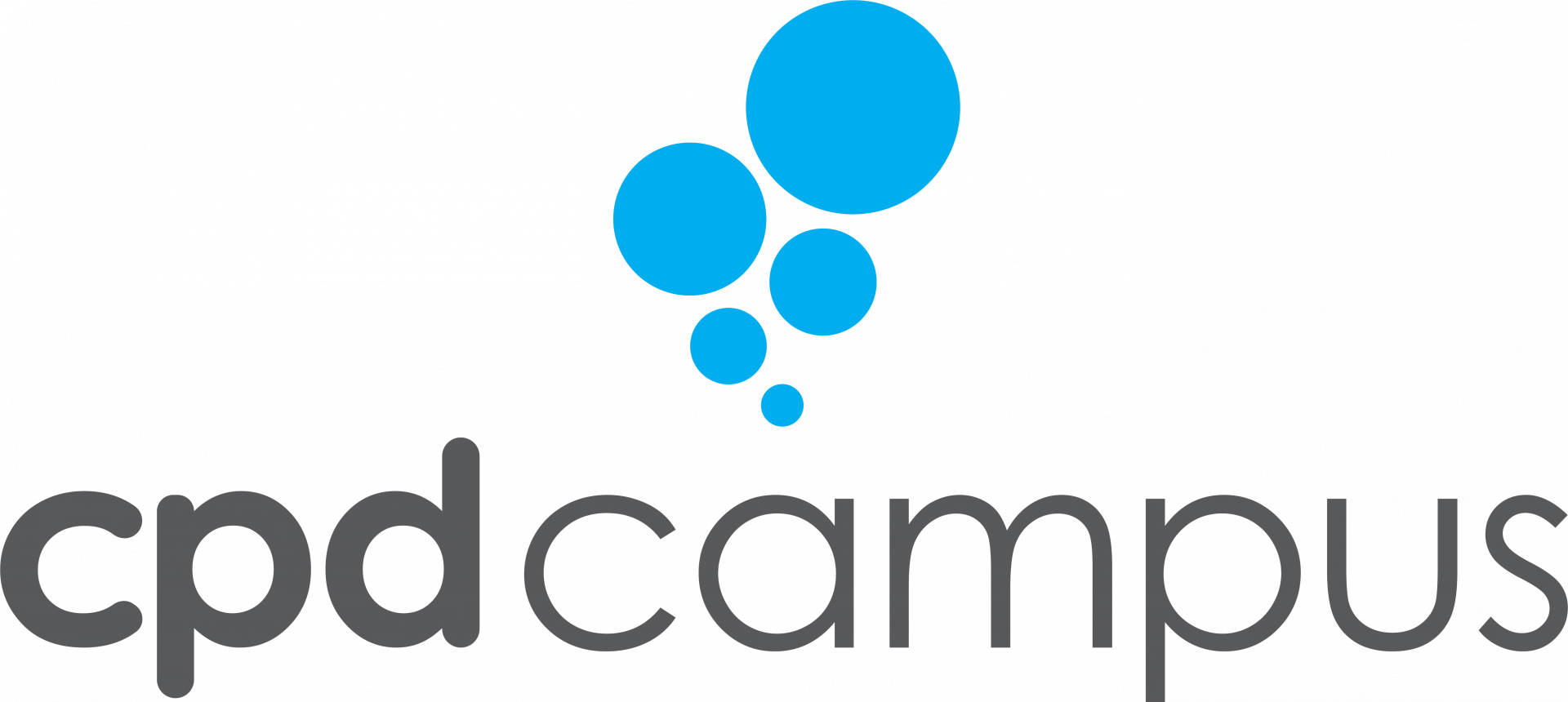“An independent review is not a mini audit”.
On 20 April 2023, CPD Campus had the pleasure of hosting Nestene Botha, a chartered accountant (SA) with a fiery passion for the South African auditing profession, stimulating thought relating to independent review engagements. My personal takeaway from this discussion is highlighted in the points below.
Critical thinking is critical
As independent review engagements mainly consist of inquiries and analytical procedures, what struck me throughout was the increased importance of the independent review practitioner possessing the competency of critical thinking as part of their independent review toolkit. In this type of engagement, where substantive activities are virtually non-existent, it is of extreme importance to not just accept explanations and related information at initial face value, but to approach such, firstly, with the appropriate level of professional skepticism and, secondly, a well thought-through, pre-developed expectation that sets the bar against which such information can be measured for reasonability. This requires the independent review practitioner to not only have a sound knowledge of the client’s industry, business, and activities for the specific period under review, but also a more pervasive understanding of the risks that could lead to material misstatements in the financial statements of the particular client. Understanding the philosophy of an independent review, and how it differs from a full external audit, is part of the critical thinking that should be applied when performing this type of engagement.
Additional procedures need not necessarily be too additional
Inquiries and analytical procedures form the heartbeat of the independent review engagement, and their outcome will, during the initial phase of execution, have a direct impact on the extent of additional (subsequent) procedures that are to be performed by the independent review practitioner. Independent review practitioners often find themselves in a position where they perform far too many audit-related “additional procedures” to ensure that they cover their bases and perform sufficient activities to provide the assurance sought. This is often done from a position of fear and/or uncertainty. What should be remembered, however, is that the independent review engagement provides limited assurance, and there is no related audit opinion that is provided. This inadvertently means that the engagement risk will be higher w.r.t. an independent review engagement, and that the independent review practitioner will have to make peace with this uncomfortable truth. Even additional procedures that may follow the initial inquiries and analytical procedures, could consist of mere further inquiries and analytical procedures, and need not necessarily result in substantive activities being executed. Hence, the independent review practitioner should accept: “the engagement risk of an independent review is higher, and that is okay!”. This point was also underlined by the AICPA study finding that the median investment to complete an external audit was 260 hours, with the related median for the performance of an independent review engagement only being 45 hours.
Pre-engagement – the proverbial “golden hour”
I was struck by the importance of the pre-engagement period, and how this period is to be allocated and executed to the advantage of the independent review practitioner. Again, a large requirement exists for the application of critical thinking skills in this phase, as a potential 80% of the actual work of an independent review engagement can be shaped and performed during this time frame. It is very important to also assess, as part of the pre-engagement procedures, what the motive is for the client requesting an independent review engagement instead of a full external audit. Should management intention be found to be dubious, the independent review practitioner should report to management his/her findings that an independent review engagement may not be appropriate in the circumstances. This requires not only critical thinking skills, but MATURE critical thinking and decision-making abilities by the independent review practitioner.
A difference in philosophy
During the session, an attendee remarked that an independent review could be construed as “innocent until proven guilty”, whereas a full external audit would be “guilty until proven innocent”. Although not fully reflective of the true position, especially w.r.t. external audits where no guarantees of innocence are provided, the remark does underline the difference in philosophy relating to independent review engagements, seeing that a positive outcome is usually assumed, UNLESS something comes to the attention of the independent review practitioner that leads him/her to believe there to be a risk of material misstatement in the financial statements. The independent review practitioner also only focuses his/her procedures on those areas that are likely to be misstated, a step which, in itself, requires knowledge and experience. It is often believed a sound strategy to be to employ more junior (i.e., less experienced) staff members to perform independent review engagements, but this could prove risky due to the high required levels of critical thinking, professional skepticism, and situational experience when executing these independent review procedures.
The skill of expectation setting – the interrogatory interview
The initial interview with the client whose financial statements are to be independently reviewed is of the utmost importance. It is during this event where the magic of the independent review engagement unfolds. Unfortunately, to many not realising the importance of this interview, this is also an opportunity lost that cannot be easily retrieved. During the initial interview, the independent review practitioner makes many, if not most, inquiries about the business, its environment, its activities for the past financial year, its challenges, its victories and losses, and many more. What is extremely important is to let the client speak freely... while the independent review practitioner not only LISTENS, but also THINKS, INTERPRETS, and ANALYSES!
When watching police interrogations of potential suspects in crime investigations, the interrogator never informs the suspect of what the police already know and/or what they don’t know. This “mystery” creates the environment where the suspect speaks without limitation, and sometimes divulges information, even by accident, through contradictions, lies, deceit, and/or manipulation of information supplied.
Although not as aggressive a situation, a very similar approach is followed during the initial interview with an independent review client. The practitioner approaches the client from a zero base, as if no knowledge of the client has ever been obtained (although this may not be the case). Asking the right questions, refraining from leading the client, and avoiding the provision of possible backdoor exits are of extreme importance in this interview. Asking appropriate follow-up questions and making sure to document every client response in the greatest of detail will later prove invaluable when the limited assurance must be provided. When subsequent analytical interpretations then raise doubt about the information so obtained, a possible risk of misstatement in the financial statements may have been uncovered. The art of expectation setting through friendly and professional interrogation is one that comes from firstly having confidence, but also experience, critical thinking skills, and the “good old guts” to address inconsistencies in a way which does not let the client close itself off to further questioning.
Conclusion
From the above and the related webinar presented by Nestene, I have been left with excitement about the concept of independent review engagements. Each engagement is different, and unique challenges and risks accompany them. It is up to the independent review practitioner to critically evaluate each client’s unique situation and apply the necessary critical thinking and problem-solving skills through inquiry and analytical procedures to mitigate related risks. The independent review engagement can certainly provide a lot of professional enjoyment to the practitioner that understands its philosophy and feels challenged to proactively locate that material misstatement in the financial statements based on his/her critical thinking and interpretative business skills! And remember... an independent review is NOT a mini audit!


